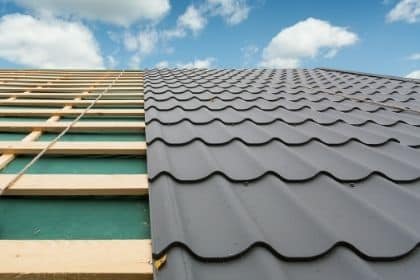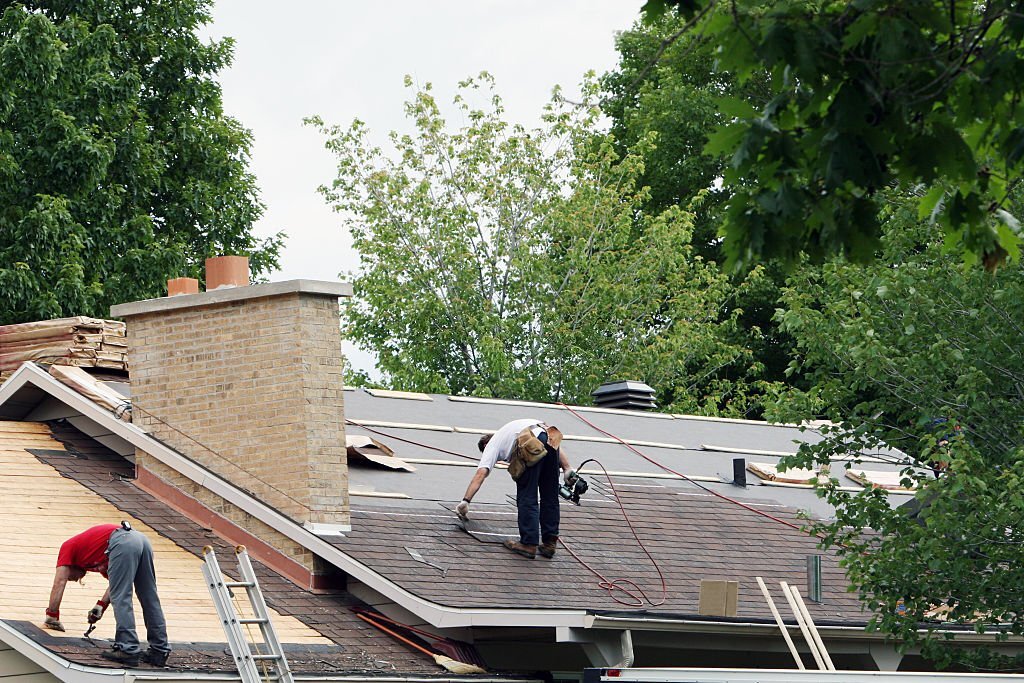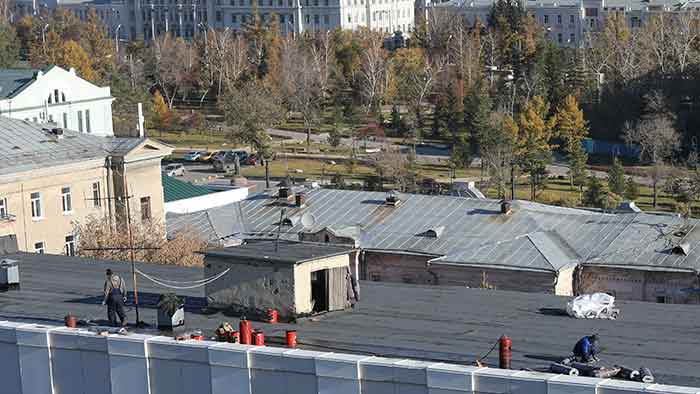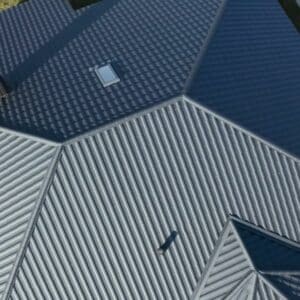
In recent years, metal roofing has gained popularity among residential roofing options in the US. But with the rise in demand, there has also been a rise in questions related to metal roofing repair, installation, costs, and more.
So, let’s explore the basics of metal roofing, right from metal roofing gauges to metal roofing maintenance and upkeep.
What is the Gauge of a Metal Roof?
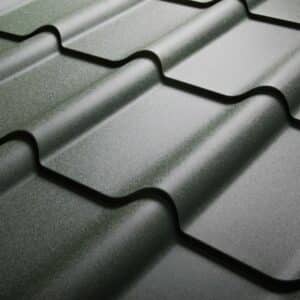 Metal roofing comes in different types, which can all be measured by gauge. The gauge of a metal roof depicts the thickness of the metal in inches. Metal roofing typically comes in four different sizes or gauges– 22, 24, 26, and 29. Each size has its own pros and cons, depending upon a number of factors.
Metal roofing comes in different types, which can all be measured by gauge. The gauge of a metal roof depicts the thickness of the metal in inches. Metal roofing typically comes in four different sizes or gauges– 22, 24, 26, and 29. Each size has its own pros and cons, depending upon a number of factors.
Metal Roofing Gauge Sizes
The five sizes of metal roofing all vary in thickness. A 22 gauge metal roof is the thickest, whereas a 29 gauge metal roof is the thinnest. Proportionally, a 22 gauge metal roof is the most expensive, while a 29 gauge metal roof is the cheapest.
For perspective, a soda can is usually 37 gauges in thickness, while the thickness of a car’s hood is 20 gauges.
The 22 Gauge Metal Roof
This roof has a thickness of .0299. The thickest metal roof option out there, 22 gauge, is used by homeowners for structures that need extra protection, which is most commonly open-framed structures. If you are exploring roofing for a garage, barn, or warehouse, a 22 gauge metal roof can provide great protection. Due to the strength and durability of 22 gauge metal roofs, they also need low metal roofing maintenance.
The 24 Gauge Metal Roof
24 gauge metal roofs are about .0239 inches thick. They are a common preference for household metal roofing, especially for regions with extreme weather conditions. Owing to their thickness, these roofs can endure storms and snow and also maintain their appearance in the long term. If you live in a region where the weather conditions become extreme, a 24 gauge metal roof is a fine choice for your house. Due to their durability, they demand less metal roofing repair.
The 26 Gauge Metal Roof
Roofs with 26 gauge are .0179 inches in thickness. A value-for-money option, this gauge is again popular amongst homeowners looking for a change through residential roofing maintenance. Not only for residential buildings, but 26 gauge is considered the standard in metal roofing for commercial structures as well. It is sturdier than a 29 gauge metal roof, while it is cheaper than a 24 or a 22 gauge metal roof, which is the reason for its popularity.
The 29 Gauge Metal Roof
With a thickness of .0149 inches, the 29 gauge metal roof is the thinnest option in metal roofing. It is also the least sturdy type of roofing, which makes it the least expensive. With this option, homeowners usually have to go through a frequent metal roofing repair regime, which makes it less popular among regions with harsh conditions. However, metal roofing maintenance costs are low for this gauge, so it is generally used for structures in agriculture and temporary construction.
Which Metal Roofing Gauge Should You Go For?
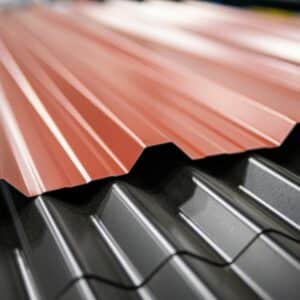 As described above, each gauge has its own benefits and cons. When purchasing a metal roof, consider the thickness, durability, and usage of the metal roof. Here are some factors that can help you decide or that you can consult with your local metal roofer on.
As described above, each gauge has its own benefits and cons. When purchasing a metal roof, consider the thickness, durability, and usage of the metal roof. Here are some factors that can help you decide or that you can consult with your local metal roofer on.
Weather
If you live in a region where storms, hailstorms, and winds are common, it is advised that you go for a thicker metal roof system. Depending on the duration of harsh weather and the degree of conditions, you can pick between 22 and 24 gauge. This will help you cut metal roofing repair costs in the long run.
Material
The type of metal determines the cost and durability of your roof. For example, Copper and Zinc roofs cost more than aluminum or steel. If you are opting for a steel roof, also factor in the hardness of the steel. The harder the steel, the more expensive it will be, but at the same time, it will ensure strength and lesser need for metal roofing maintenance.
Metal Roofing Maintenance
Thick metal roofs are more durable, so cosmetic damage, dents, and other such maintenance requirements are low with 22 and 24-gauge roofings. Thus, even when they cost higher during installation, in the long run, you could benefit from their high quality. At the same time, if you live in an area where the weather remains uniform throughout the year, a 26 or 29 gaging can prove equally efficient with lower costs of metal roofing repair and maintenance.
Key Takeaways
Metal roofings are the trend and offer better technology than traditional roofings. If you are wondering which gauge, material, and color to go for, our experts are happy to help.
We are a Maryland roofing company with expertise in roofing installation, repair, and maintenance in Maryland. Reach out to us for advice and suggestions on the best metal roofing in Prince Frederick.
.

